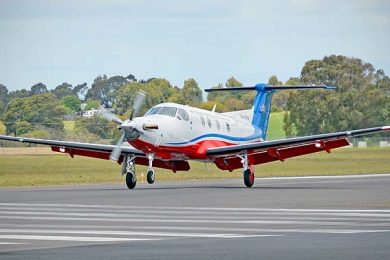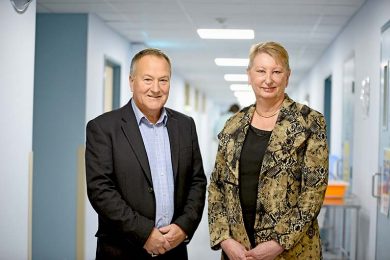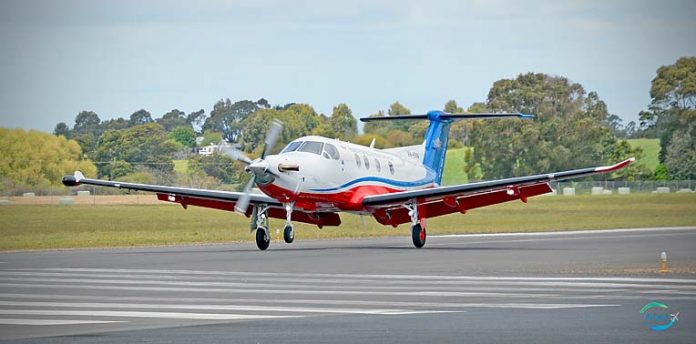
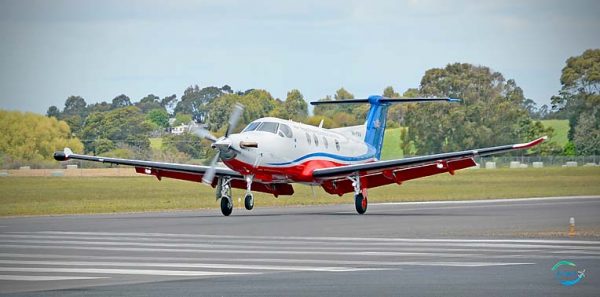
MOUNT Gambier is among the nation’s top regional areas for mental health aeromedical retrievals by the Royal Flying Doctor Service.
The new data – released by the Medical Journal of Australia – shows there were nearly 80 retrievals from Mount Gambier in a two-year period.
Mount Gambier was identified as the number three location for retrievals in rural and remote regions across the nation.
Adelaide topped the list as the nation’s top receival site with more than 800 mental health retrievals.
Overall, more than 2200 patients were retrieved by the RFDS for treatment of mental or behaviour disorders.
Limestone Coast Local Health Network chief executive officer Ngaire Buchanan said yesterday patients were treated regionally “where possible”.
She said Mount Gambier Hospital had a six-bed acute inpatient mental health service, with general hospital beds also utilised to ensure patients can receive treatment close to home.
“Mental health patients could be transferred to Adelaide when they required a psychiatric intensive care bed or if they display challenging behaviour that is assessed as not being able to be managed safely in Mount Gambier,” Ms Buchanan said.
She said an intensive community program was also available to provide a step down treatment from hospital, with support available in the community.
“Where possible all mental health consumers are treated locally, including those being treated under the Mental Health Act on an Inpatient Treatment Order,” the regional health chief said.
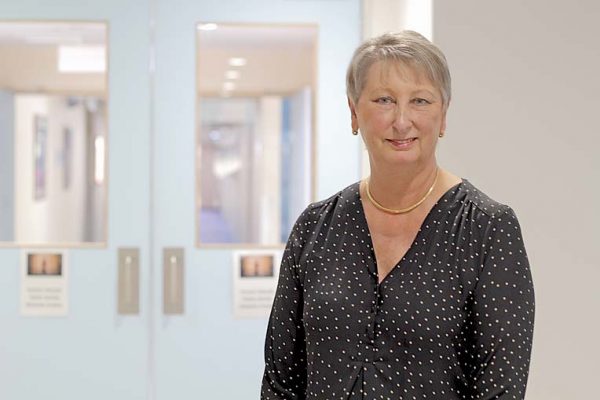
“Mental health patients may be transferred to Adelaide when they require a psychiatric intensive care bed, or if they display challenging behaviour that is assessed as not being able to be managed safely in Mount Gambier.”
The Mount Gambier Hospital mental health unit provides assessment and treatment of consumers presenting with a mental illness.
The mental health unit team includes a permanent consultant psychiatrist, psychiatry registrar, registered and enrolled nurses, occupational therapist, clinical psychologist, social worker, peer support worker, Aboriginal cultural worker and support workers.
According to the Medical Journal report, rural and remote patient aeromedical care transfers for mental and behavioural illnesses have been little investigated.
“The leading causes for RFDS mental health retrievals were of patients transferred from rural and remote to metropolitan areas for more definitive care for schizophrenia, bipolar affective disorder, or depression,” the report said.
“These results are consistent with our earlier findings that many RFDS retrievals are from areas that have low levels of health services.
“The numbers of general practitioners, psychiatrists, psychologists, mental health nurses and social workers are low in many rural and remote areas, as are those of emergency departments and hospitals.”
The rates of general practitioner-prepared mental health treatment plans are also much lower in rural and remote areas than in metropolitan areas.
“Retrievals of people with substance misuse disorders and their subsequent hospital outcomes should be further investigated, ” the report said.
“Aeromedical retrieval for managing acute exacerbations of such conditions seems a costly and ineffective approach.
“Comparing hospital length of stay data associated with these retrievals with the costs of community-based services in areas with high retrieval rates would be appropriate.”
In the absence of access to local dedicated mental health support and intervention services, many patients seek clinical assistance only when in crisis.

